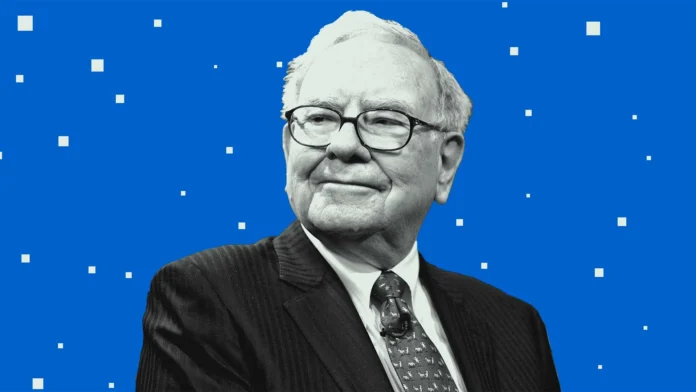Staff Reporter
Legendary investor Warren Buffett held an extensive Q&A session at Berkshire Hathaway’s (NYSE: BRK.A)(NYSE: BRK.B) 2025 annual meeting, sharing valuable insights for investors.
While he spoke for hours, here are three standout quotes from his last shareholder meeting as CEO that every investor should consider.
The Value of a Strong Balance Sheet
Publicly traded companies release three financial statements each quarter: the income statement, balance sheet, and cash-flow statement.
Many investors focus heavily on the income statement, eager to see earnings and sales growth. However, Buffett emphasized the importance of the balance sheet, stating:
“Wall Street doesn’t pay much attention to balance sheets, but I like to look at balance sheets over an 8- or 10-year period before I even look at the income account. There are certain things it’s harder to hide on the balance sheet than with the income statement.”
Buffett pointed out that various accounting tricks can distort income statements. In contrast, balance sheet metrics like debt, cash, and receivables are more straightforward and revealing.
The Case for Passive Investing
In response to a question about Berkshire’s substantial cash reserves, Buffett noted:
“We don’t think it’s improper for passive investors to make a few simple investments and sit with them for life.”
He believes investors can outperform the market by being patient and selective. While Berkshire seeks unique opportunities, Buffett has also advocated for low-cost S&P 500 index funds, which have historically yielded around 10% annually.
He even suggested that Vanguard founder Jack Bogle deserves recognition for making indexing accessible to everyday investors.
Avoiding Unnecessary Risks
Buffett reflected on past investment trends that led many to significant losses, including the mortgage-backed securities crisis and the SPAC boom. He advised:
“If very stupid things are happening around you, you do not want to participate. If people are making money by borrowing or trading junk securities, you have to forget that. That’ll bite you at some point.”
His remarkable success—about 5.5 million percent gains over 60 years—stems from a buy-and-hold strategy, avoiding risky trends and maintaining a disciplined approach.
The Services and the Content are provided to you solely for your general informational purposes, and should not be considered as legal, tax, accounting, financial or investment advice.You are solely responsible for determining whether any investment is suitable for you, considering your investment objectives, risk tolerance and personal financial situation. It is also your responsibility to evaluate the merits and risks of using the information provided on this site before making any decisions.

